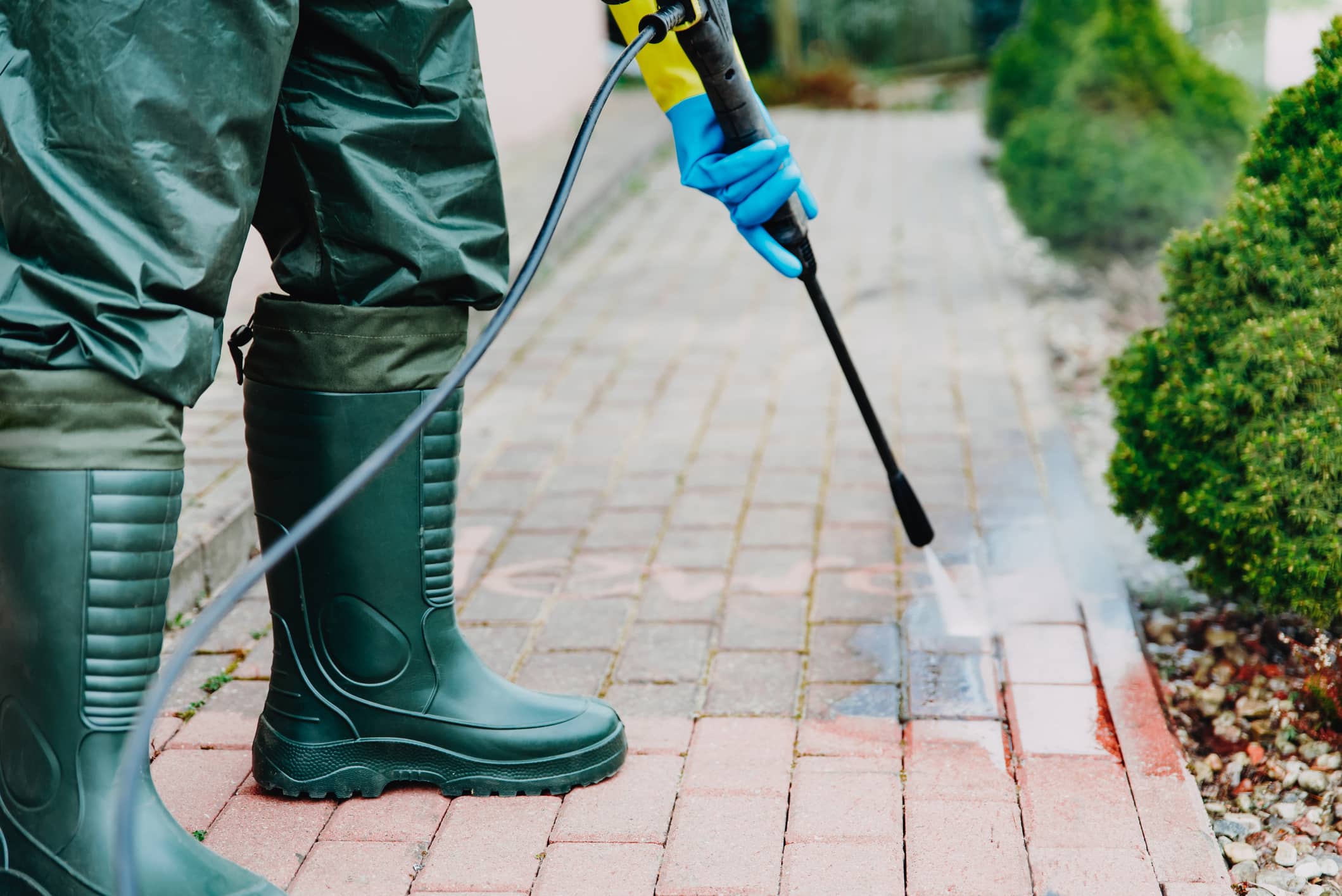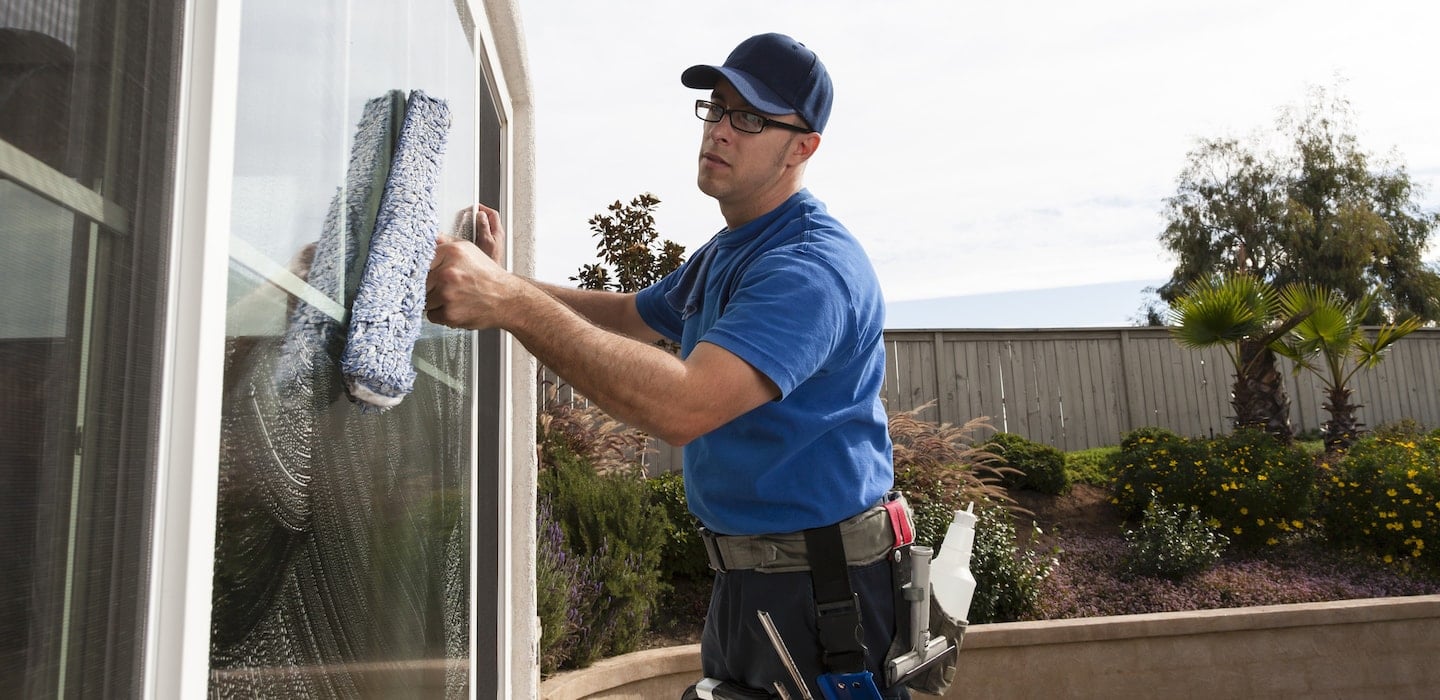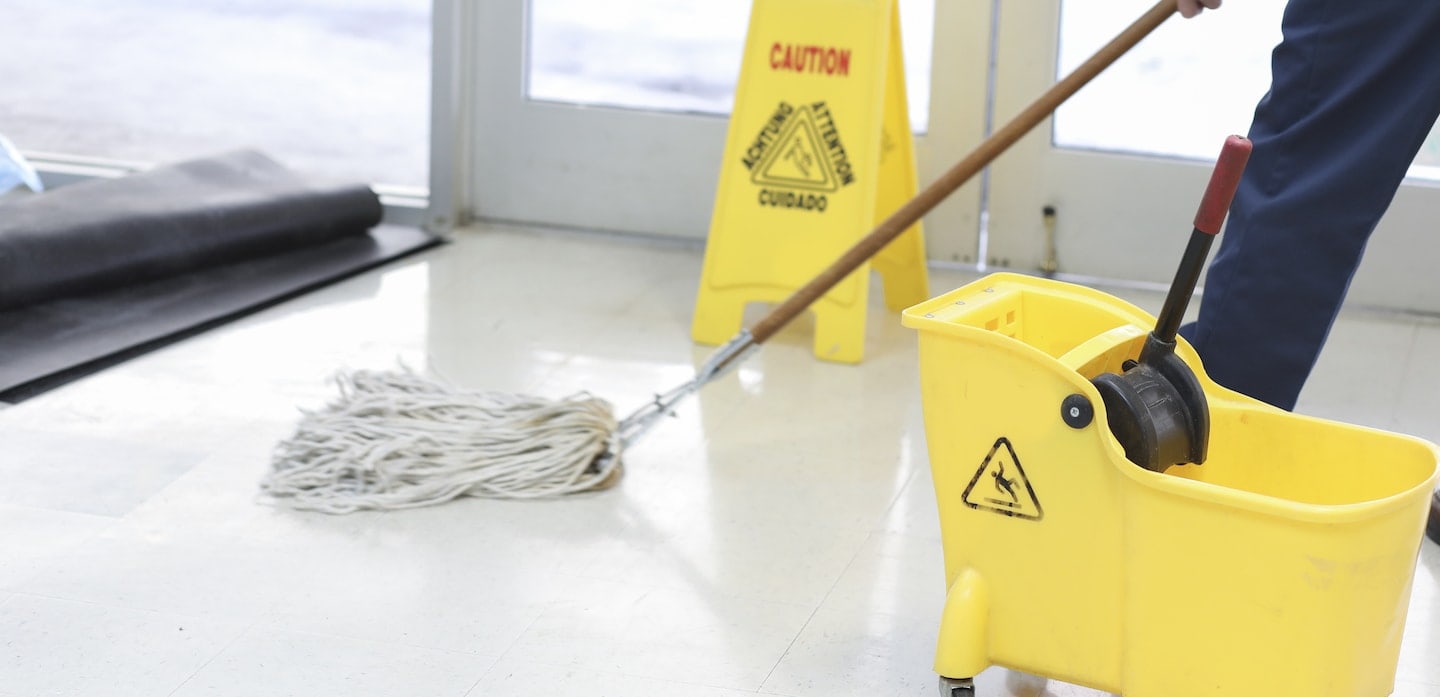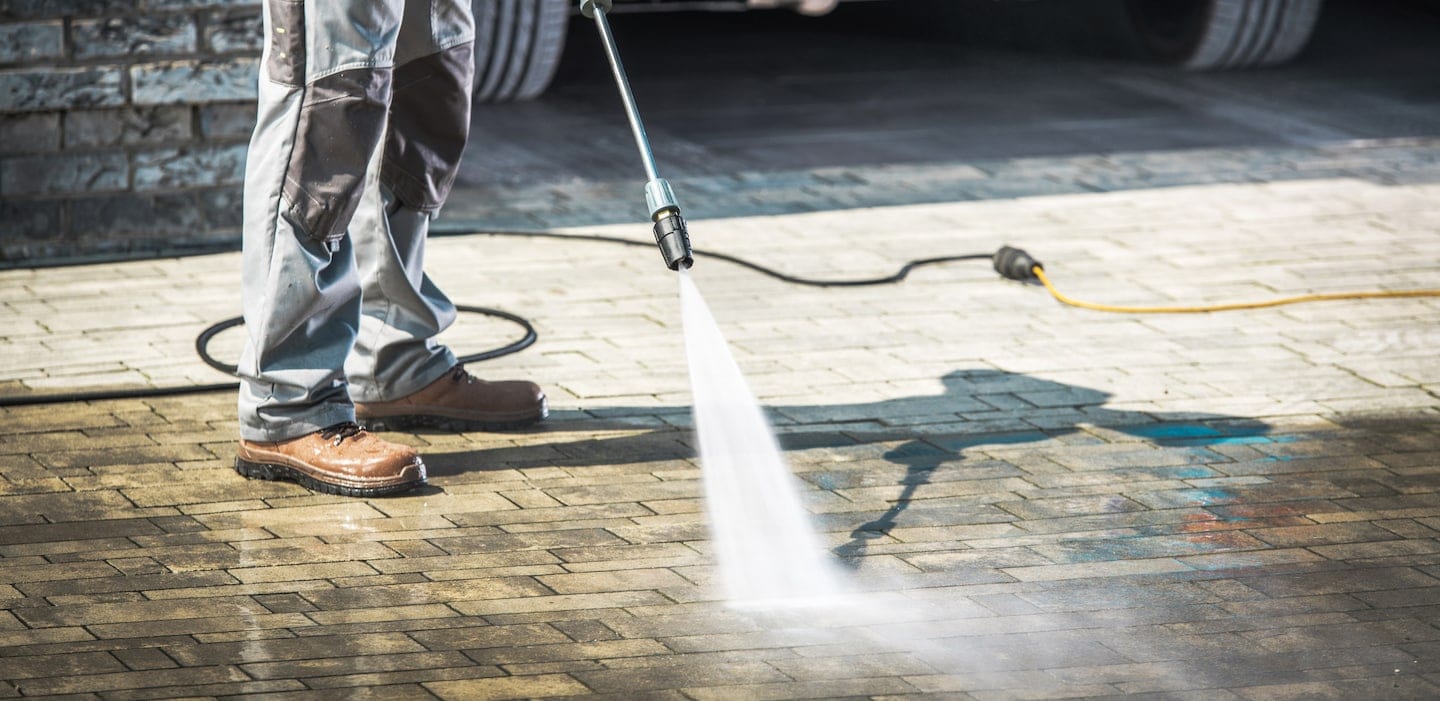Running a professional cleaning business is all about making spaces liveable and workable for your clients. That could be janitorial, housekeeping, a pressure washing operation, or any other cleaning service. But for your job to be doable, you need to make sure you have a steady stream of clients (and work) to keep the brooms sweeping, the dusters dusting.
That means that you need to be bidding for work. The bidding process can be tough to crack, for beginners as well as seasoned cleaners. So, this guide is all about how to approach your bids and lock down work to feed and grow your cleaning business.
Since we love simple, we’re breaking down how to bid on cleaning jobs into these easy steps:
• Find projects to bid on
• Understand the job & requirements
• Price your bid
• Prepare your pitch
Let’s get started!
Find cleaning gigs
Think big. Don’t limit yourself to just answering how to bid on commercial cleaning jobs, how to bid a house cleaning job, or even how to bid on apartment cleaning contracts. Consider the whole range of potential clients:
Private jobs
Message boards and personal ads, both online and offline, are great places to both post your services and find individuals and families looking for small business cleaners. Market yourself for:
• Overall home cleaning
• Automobile cleaning
• Specialty cleaning (kitchen, garage, etc.)
• Outdoor cleaning (backyard, power washing, etc.)
Business & commercial contracts
For bigger business contracts, consider looking to local newspapers and other registers and even cold-calling businesses with offices in your area to inquire about their cleaning needs. That includes:
• Individual offices and storefronts
• Buildings and complexes
• Commercial vehicles
Government contracts
Local government contracts can be a great job source. Start by searching .gov and .mil websites and registering with the US General Services Administration can help connect you to government agencies that could use your services. Some potential employers include:
• Schools and post offices
• Military and government agencies
Once you have potential projects and clients in mind, it’s time to start getting yourself ready to bid.
Understand the job & requirements
You’re an expert at cleaning spaces and making an area look tidy and organized. When bidding on a cleaning contract make sure your bid is neat and organized. To help meet and exceed the expectations of your prospective client, follow these simple steps.
Learn about the job site
This seems pretty straightforward, but it’s extremely important. A huge part of optimizing your bids is learning as much as you can about the clients and the job site where you’ll be working. This means making sure that you:
• Research the potential client
• Understand the environment
• Know your competition
• Visit the job site (if possible)
With knowledge in hand, you’re better equipped to accurately plan and price out your bid.
Understand the bid requirements
Make sure you meet all requirements that the potential client is looking for, before you start compiling your bid so you don’t waste time. Some common requirements include, but are not limited to:
• Scope
• Scale
• Legal requirements
• Licensing and certification
• Insurance
Lastly, check you have proof that you meet all these requirements. For government contracts especially, not having the right qualifications might mean you can’t even make a bid for the cleaning job. But for all kinds of contracts, being prepared is half the battle.
Once you’re checked all the pre-req boxes, you’re ready to prepare your bid!
Determine how to price your bid
The most important part of your bid is price. Offer a price point that’s profitable to you but also affordable for your client. That means making it as low as you can by trimming costs and running shop as efficiently as you can.
In order to make your pricepoint as attractive as possible, consider:
Equipment – What’s needed for the job? Are you using the most cost-effective cleaning supplies and equipment? Is there room for cost-savings here?
Labor costs – How many cleaners are needed, what specialty skills are required, what kind of cleaning supplies are needed, and how long will the job take? Would it be more efficient to use more cleaners for less time, or vice versa?
Deals – In some cases, it can make sense to offer special rates for the cleaning contract. If you think you can facilitate future contracts or consistent work with a price lower than your normal rate, you should consider offering deals like:
• Loyalty programs for repeat clients
• Limited-time offers
• Promotional packages
• Waived or bundled costs
Synergies – Does the potential cleaning contract synergize in any way with other work you have lined up? If so, you might consider that as a reason to offer a deal. For instance, consider:
• Is this job geographically close to your headquarters or other job sites?
• How easy is transportation to and from job sites?
• Does this job require similar materials and equipment from other jobs?
Other costs – Finally, you should consider other operational costs, such as taxes, fees, and business liability insurance.
Prepare your bid
In addition to the price, your bid is a way to sell your potential client on your services and your overall business. That means you need to put your best foot forward and show them why you’re the right cleaner for the job.
If possible, impress your client with information about:
• Your relevant experience and achievements
• Testimonials from satisfied customers
• A portfolio of some of your best work (before-and-after photos, videos, etc.)
Another important but often overlooked consideration is showing clients how and why you’re a safe bet.
Whether or not your potential client says up front that they care about insurance, showing them your Certificate of Insurance is a great way to reassure them that you’re financially secure. Plus, there are certain forms of insurance you legally need to have in order to operate legitimately. These include:
• Workers’ compensation, if you have employees
• Commercial auto insurance, if your business uses vehicles
Beyond these two, consider covering your bases with general liability insurance. Also called commercial general liability (CGL) it protects you from:
• Third-party bodily harm
• Personal and advertising injury
• Property damage
Get to bidding & grow your business!
By this point, you’re well prepared to bid like a pro. You know that, in order to perfect your process of bidding and closing on deals, all you need to do is:
• Find projects to bid on
• Understand the job & requirements
• Price your bid
• Prepare your pitch
Simple. That’s how we like it.
So, what are you waiting for? Optimize your pitches and make a clean sweep of all the projects you bid on.











